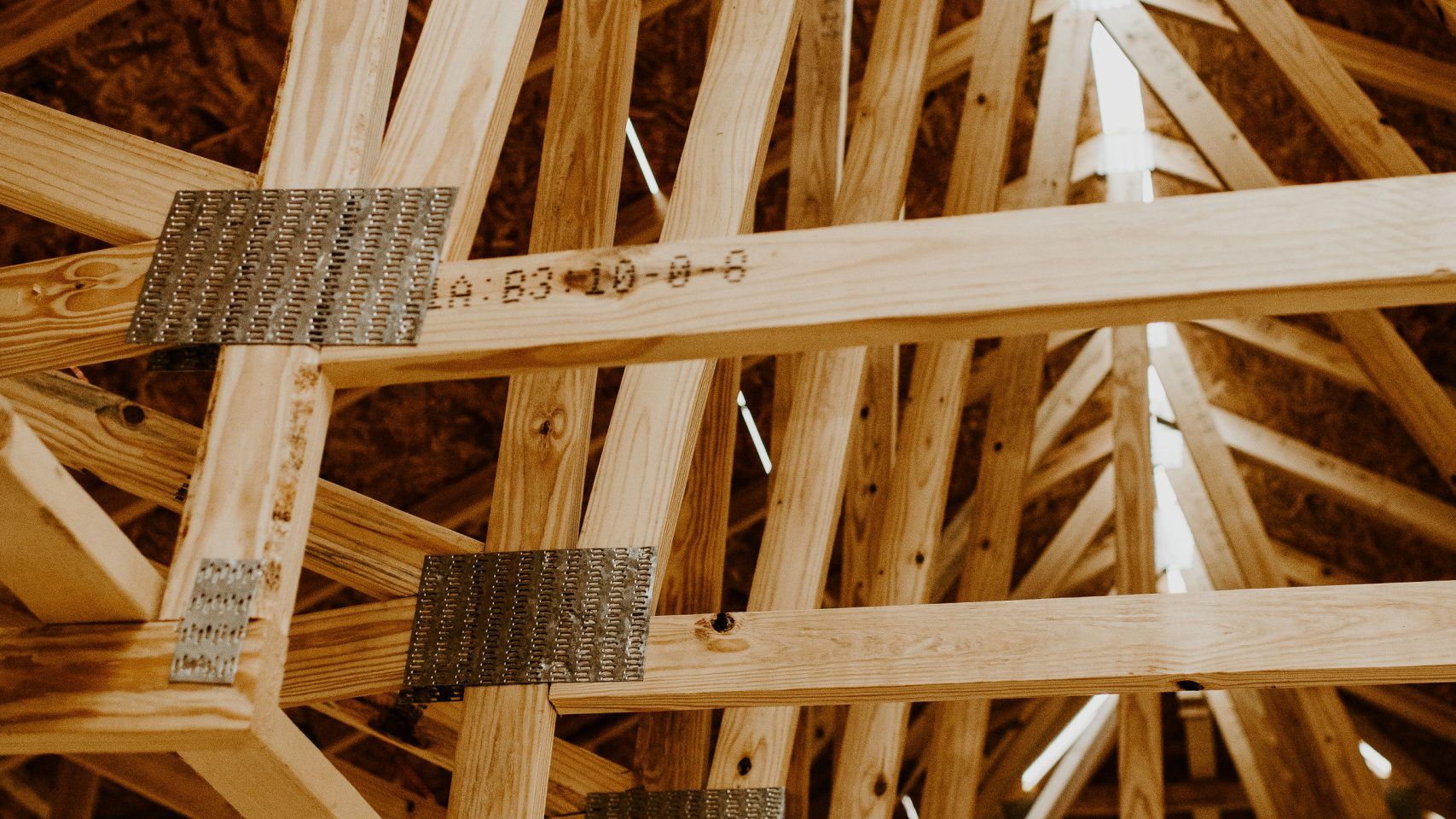
Working in rural Tennessee has its charm—wide open spaces, tight-knit communities, and scenic backdrops. But when it comes to heavy lifting and crane operations, remote job sites can quickly turn into logistical puzzles. Whether you’re setting a large generator, installing a shed, or erecting steel, rural environments come with challenges that demand experience, adaptability, and the right equipment.
At Upper Cumberland Crane, LLC, we’ve served the Upper Cumberland region for years, navigating tricky backroads, muddy fields, and hillsides from Livingston to Jamestown. In this post, we’ll walk through the five biggest challenges we encounter when lifting in remote areas—and how we tackle them.
1. Limited Access Roads and Tight Driveways
Not all rural job sites are easily accessible by crane. Narrow gravel roads, steep inclines, or long winding driveways can make it hard to even reach the lift location.
We often run into:
- Low-hanging branches or power lines
- Unpaved roads that get slick after rain
- Limited turn-around space for large equipment
That’s why we offer site assessments before major lifts, ensuring the right equipment and planning are in place. Our smaller mobile cranes are ideal for navigating tighter, off-road situations.
2. Uneven or Soft Ground Conditions
Rural Tennessee’s terrain ranges from rocky hillsides to muddy fields and creekside clearings. Many job sites lack a pre-leveled pad or stable surface, which is critical for crane stability.
To ensure safe setup, we bring:
- Crane mats or outrigger pads for load distribution
- Ground pressure evaluations before arrival
- Proper crane selection based on soil and slope
We also coordinate closely with clients to prep ground in advance when needed. Lifting on uneven or unstable surfaces isn’t just inefficient—it’s dangerous.
3. Weather That Changes Everything
Weather in Middle TN can shift quickly—sunshine one moment, flash storm the next. And in rural zones, that can mean inaccessible roads, washouts, or waterlogged fields.
We monitor forecasts closely and stay flexible with lift scheduling. In some cases, we may recommend:
- Postponing a lift for safety
- Early morning setups to avoid afternoon storms
- Additional rigging precautions when high winds are a factor
Our team works with nature—not against it—to get the job done without cutting corners.
4. Lack of On-Site Support Equipment
Urban job sites typically have forklifts, skid steers, or lifting accessories on hand. In rural projects, those tools may be miles away. That’s why we come prepared with more than just a crane.
Depending on the job, we may bring:
- Rigging gear
- Spreader bars
- Personnel for spotting or signaling
- Extra hardware in case something’s missing onsite
We’re used to being the support crew, not just the crane operator—especially on single-day or homeowner jobs.
5. Communication & Planning Challenges
Cell service can be spotty in places like Pall Mall, Byrdstown, or Rural Van Buren County. That’s why planning matters more than ever for rural lifts.
We often recommend:
- Confirming directions in advance (not just GPS coordinates)
- A clear point of contact onsite
- Sending photos of the lift area ahead of time
The more we know going in, the better we can prepare and execute your lift safely and efficiently.
We Know Rural Tennessee—And We Know How to Lift in It
At Upper Cumberland Crane, rural work is our specialty. We’ve lifted pool shells in mountain hollows, set HVAC units behind barns, and installed trusses down winding gravel drives. If your job site is off the beaten path, you’re in the right hands.
